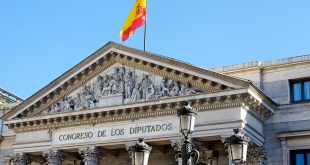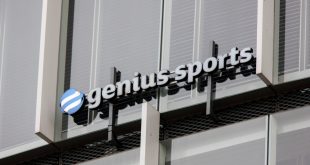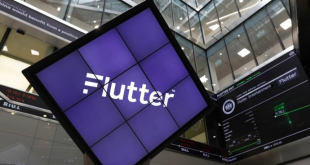 Paddy Power has been pulled up for ‘serious failings’ in its anti-money laundering and social responsibility processes following a Gambling Commission investigation.
Paddy Power has been pulled up for ‘serious failings’ in its anti-money laundering and social responsibility processes following a Gambling Commission investigation.
The bookmaker has also agreed to contribute £280,000 to socially responsible causes after failing to keeping crime out of gambling and protect vulnerable people.
The failings relate to the way Paddy Power handled relationships with two customers at one of its betting shops (customers A & B), and with one of its online customers who was later convicted of serious criminal offences (Mr Cooney).
Richard Watson, Programme Director at the Commission said: “We expect the industry will learn the lessons from this case – it is their duty to keep crime out of gambling and protect vulnerable people from harm. If operators don’t implement processes and policies aimed at doing this then they risk losing their operating licence. Paddy Power failed in its dealing with three customers and is now facing the consequences of these actions in a very public way.”
While Paddy Power had social responsibility and anti-money laundering policies and procedures in place, had delivered training to staff and had systems for monitoring internal compliance, the Commission found that the procedures in place were not fully in line with guidance published by the regulator, not all staff involved in the identified incidents fully understood Paddy Power’s own policies and their internal compliance monitoring had failed to identify the issues relating to the customers.
Paddy Power has co-operated fully with the regulator and acknowledged that it:
- failed to have and apply a customer interaction policy which complied with social responsibility code provision 3.4.1(1)(c), which is a condition of its licence, as it did not include: “circumstances in which consideration should be given to refusing service to customers and/or barring them from the operator’s gambling premises”
- interpreted the duty to be socially responsible in relation to potential problem gambling as being limited to monitoring and interacting with customers, rather than considering refusing service
- had, despite being aware that customer A displayed signs of having a serious gambling problem, asked staff to encourage him to continue to visit and to spend. This was grossly at odds with the licensing objective of preventing vulnerable people from being exploited by gambling
- had an anti-money laundering (AML) policy which was inadequate in that it did not include reference to the spending of the proceeds of crime and therefore failed to take into account our published advice2 and guidance3 about managing the risks of money laundering
- failed to respond appropriately to suspicions of money laundering in relation to customer B
- failed to take reasonable steps to establish customer A’s and Mr Cooney’s sources of funds.
The Commission added: “We expect gambling operators to take note of these issues and consider them in light on their own operating procedures and processes. The gambling industry should be on notice that the issues identified in this statement are likely to form the basis for future Commission compliance activity.”
The full statement can be found here.
The Anti-Money Laundering Directives could have a huge impact on how the betting industry operates in the future if it cannot get exemption from some of the requirements. In January the Gambling Anti-Money Laundering Group (GAMLG) was established and is now headed up by Keith Bristow QPM, who recently retired as Director-General of the UK National Crime Agency.
GAMLG’s initial membership is comprised of the Remote Gambling Association (RGA) and the Association of British Bookmakers (ABB). The sectors they represent account for over 70% of the British gambling market.
It is modelled on the financial services sector’s Joint Money Laundering Steering Group. Its aim is to improve the gambling industry’s ability to combat money laundering. It will primarily do this by producing, in collaboration with the sector’s statutory regulator (The Gambling Commission), industry good practice guidelines. However, its remit will enable it to consider a wide range of related issues.









